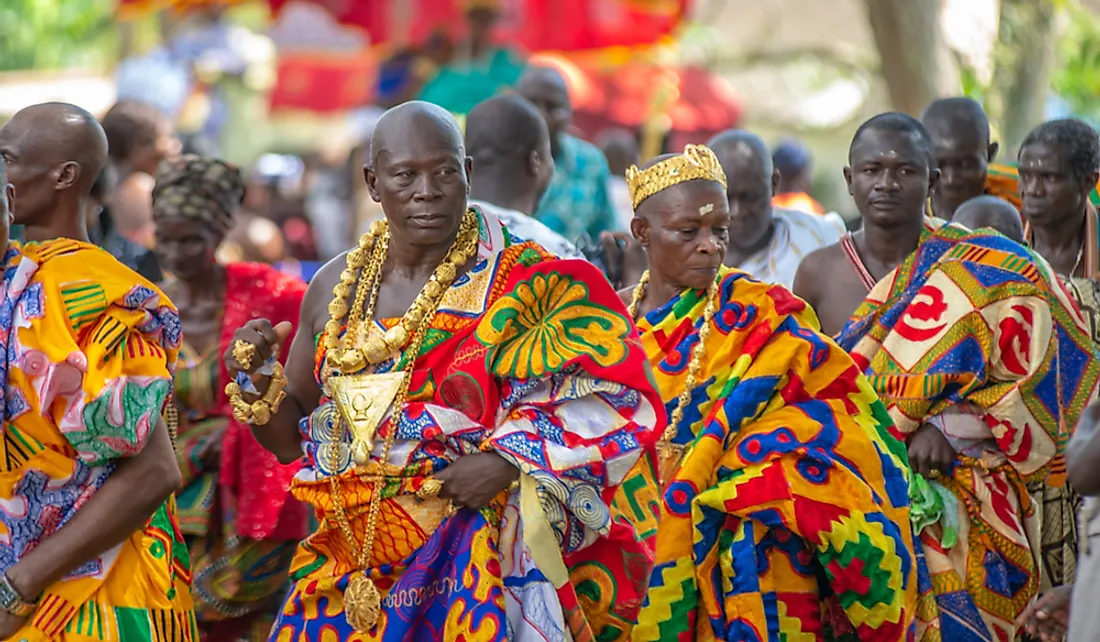General trust among Ghanaians deteriorated by 7 percentage points over the past decade even though research shows that societies that are more cohesive are more capable of solving shared problems and promoting greater well-being and development.
Such societies have stronger, more positive relationships across social groups, and between social groups and the government.
Recent survey conducted by Afrobarometer showed that only 8 percent of Ghanaians said most people can be trusted. The majority, 91 percent, said you must be very careful when dealing with people in the country.
According to Afrobarometer, the findings from its current Round 8 (2019/2021) surveys showed that generalized trust in Ghana declined from 15 percent reported in Round 5 (2011/2013) of the survey when the same question was asked. The decline in trust observed in the Ghanaian society was 50% more than the deterioration in trust observed across Africa in the past 10 years.

During the COVID-19 pandemic, the ability of societies to work collectively to respond to challenges took center stage. In fact, early public support for and adherence to public health measures has been cited as one factor explaining Africa’s far lower per-capita infection and death rates compared to other global regions, Afrobarometer stated in its recent survey report.
Meanwhile, 66 percent of Ghanaians admitted that diversity makes societies stronger as opposed to 30 percent who said similar communities are stronger. In Guinea, 82 percent of respondents believed diverse societies are better as compared to 40 percent in Tunisia where majority (55%) believes homogenous communities are stronger.

Asked whether “there is more that unites all [citizens of your country] as one people, or more that divides them”, 76 percent of Ghanaians see their societies as more united. In terms of expressing a person’s ethnicity, 4 percent of Ghanaians said they are not comfortable speaking their mother tongue in public, same as people who are not comfortable wearing traditional dresses in public.
General trust in Africa
In the current survey, only seven out of 34 countries registered at least one in five citizens who are generally trusting: Niger (30%), Morocco (26%), Guinea (22%), Mali (22%), Senegal (21%), Cameroon (21%), and Togo (20%).
“Meanwhile, just one in 20 respondents say most people can be trusted in Botswana (5%), Kenya (4%), Lesotho (4%), and Zimbabwe (3%). It is notable that the four countries with the lowest levels of trust include two of the most ethnically homogeneous countries on the continent (Botswana and Lesotho) but also one of the most ethnically diverse (Kenya)”.
Afrobarometer
Across 31 countries where respondents were asked “Generally speaking, would you say that most people can be trusted or that you must be very careful in dealing with people?” in a previous survey (Round 5), generalized trust declined by 4 percentage points, from 18% to 14%, in the current survey.
Only six countries recorded significant increases in societal trust, led by Morocco (10 percentage points) and Côte d’Ivoire (8 points). On the other hand, drastic declines were recorded in Burkina Faso (20 percentage points), Benin (17 points), Niger (16 points), and Zimbabwe (14 points).
During its current Round 8 survey, Afrobarometer focused on three key sources of identity and potential cleavage – ethnicity, religion, and economic status – while also examining the pull of collective national identity. In terms of relationships, in addition to measuring trust, Afrobarometer also explored tolerance as well as identity-based discrimination.
Findings revealed the complexity of social cohesion. Generalized trust is exceedingly low – seemingly quite a bad sign for African societies – and the experience of discrimination, especially unfair treatment based on economic status, is relatively widespread. But at the same time, there is clear evidence of popular appreciation for diversity, as well as powerful adherence to overarching national identities.




















